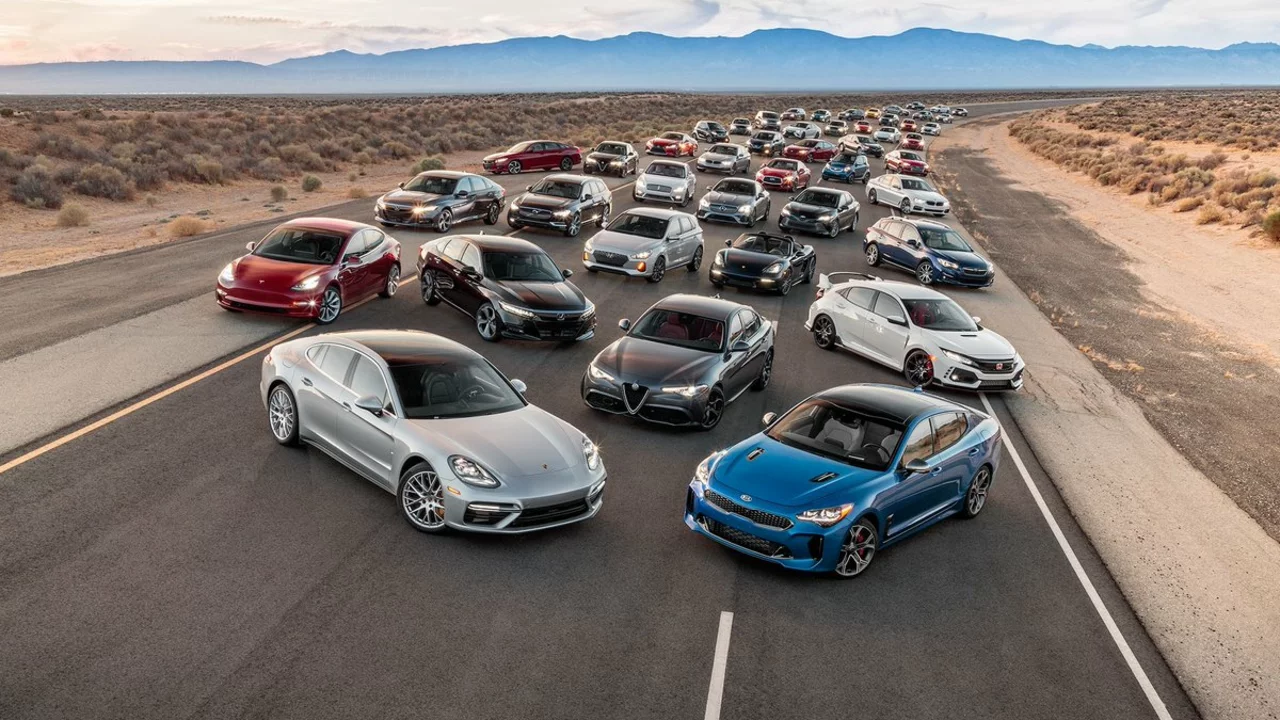Vehicle Quality: Your Quick Guide to Choosing Reliable Cars & Bikes
When you walk into a showroom or browse online, the first thing on your mind is: will this vehicle hold up? Vehicle quality isn’t just about flashy looks; it’s about how well a car or bike performs day after day, how cheap it is to keep running, and whether it keeps you safe. Let’s break down what really matters so you can skip the guesswork.
Key Factors that Define Vehicle Quality
Reliability scores top the list. Brands like Toyota and Honda consistently rank high because their engines run smooth for years with minimal breakdowns. Look for low maintenance costs and long warranty periods – they’re a good sign the maker believes in the product.
Safety features are another pillar. Modern cars with ABS, airbags, and electronic stability control usually outrank older models in crash tests. If you’re comparing two similar price points, the one with more safety tech wins on quality.
Fuel efficiency matters too, especially with today’s fuel prices. A vehicle that sips petrol or runs on a hybrid system will save you money and earn extra points for environmental friendliness.
Finally, build quality – the feel of the cabin, the snugness of the fit‑and‑finish, and the durability of interior plastics. A solid‑feeling dash and tight door seals mean the maker didn’t cut corners.
Top Brands Known for Quality in India
Japanese manufacturers dominate the reliability chart. Toyota’s Corolla and Hyundai’s i20 (Hyundai is Korean but local production makes it a strong contender) have low complaint rates and hold resale value well.
German brands like BMW and Mercedes‑Benz shine in engineering and driving dynamics, but they can be pricier to maintain. If you love performance and can afford the upkeep, they’re worth a look.
French names – Renault, Peugeot, Citroën – bring a mix of style and decent quality. They’re not as ubiquitous in India, but models like the Renault Kiger have earned praise for comfortable rides and decent after‑sales support.
Domestic players such as Mahindra and Tata are improving fast. Tata’s newer SUVs combine robust build quality with aggressive pricing, making them a solid choice for budget‑conscious buyers.
When you’re debating new vs. slightly used, remember that a certified pre‑owned vehicle from a reputable dealer often carries a warranty and has passed a thorough inspection. That can give you near‑new reliability without the full price tag.
Before you sign, take a test drive that feels real. Aim for at least 10‑20 miles to notice how the steering responds, how the brakes feel, and whether any odd noises pop up. Some dealers will let you take the car for a day – use it if you can; it’s the best way to gauge quality.
In short, vehicle quality is a blend of reliability, safety, fuel economy, and build finish. Focus on brands with proven track records, compare warranty and service options, and never skip a proper test drive. Follow these steps and you’ll end up with a ride that feels right for years to come.

What is the most well-made brand of car objectively?
Daxton Faircastle Jul, 20 2023 0In our exploration of the most well-made car brands objectively, we've looked at factors such as performance, reliability, safety, and customer satisfaction. While there are many exceptional brands, Toyota consistently rises to the top. With their long history of reliability and performance, they've earned a solid reputation in the automotive industry. Toyota's commitment to innovation, safety, and superior engineering has also been lauded by consumers and experts alike. However, it's important to remember that the best car brand can vary based on individual needs and preferences.
More Detail